

Spotlight on TL1 Post-Doctoral Trainee Elly Leavens, Ph.D.
By Kelly Hale , Marketing & Communications Specialist
Nov 08, 2022
“Research is my primary passion because I want to help inform policy that will make a positive impact on health outcomes”
When most people outside of the medical field think research, they think about medicine-based research to help with a specific disease, but for Elly Leavens, who is as a clinical psychologist, she’s more interested in how policy changes can impact health outcomes.
For Leavens, her primary studies have been around informing tobacco control policies and helping smokers reduce their smoking-related harms. She’s been working with Dr. Nikki Nollen on smoking cessation and regulatory science policy regarding tobacco products.
But before her work at the University of Kansas Medical Center, Leavens completed her MS and Ph.D. in Clinical Psychology at Oklahoma State University and then an internship at the Charleston Consortium/Medical University of South Carolina. And the TL1 program, and a few key connections, are what got her to KU Medical Center for her post-doctoral fellowship.
“I knew what to expect from the research side, coming to KU Medical Center,” Leavens said. “But the wraparound support not only for my project but for my career is what has been great. A lot of times, it can take years to understand the layout of a university but the TL1 program really helped break down barriers and show what is available to me.
“This has allowed me to collaborate with a number of senior researchers like Nikki Nollen, Ed Ellerbeck, Matt Mayo, and Matthias Salathe and opened the door for future research and funding.”
As part of her research, she has been looking at harm reduction of tobacco products and how to address the impacts of these products on the underserved and historically excluded populations through regulatory actions.
“Research is my primary passion because I want to help inform policy that will make a positive impact on health outcomes,” she said. “I also like seeing patients; it’s really motivating. I try to meet patients where they are to help them make positive changes. It’s so important that they feel comfortable and empowered.”
Her current works have focused on the impact of e-cigarette nicotine concentration on compensation, cigarette use, and biomarkers of exposure and harm in African American and White smokers and, the impact of e-cigarette training on puff patterns, cigarette smoking and health outcomes among smokers with COPD.
Latest Articles
View All Funded Projects · News
Funded Projects · News
 TL1 Trainee · News
TL1 Trainee · News
 Funded Projects · News
Funded Projects · News
 TL1 Trainee · News
TL1 Trainee · News
 Funded Projects · News
Funded Projects · News
 TL1 Trainee · News
TL1 Trainee · News
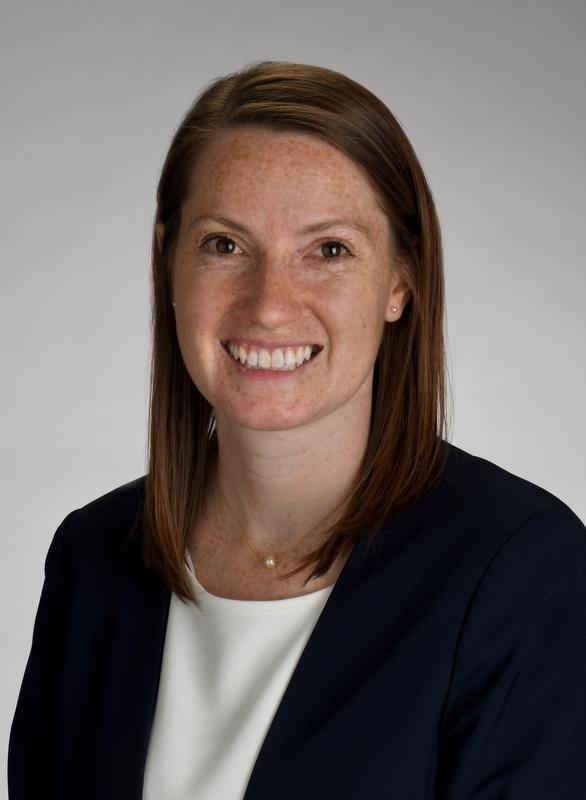 KL2 Scholar · News
KL2 Scholar · News
 Funded Projects · News
Funded Projects · News
 Funded Projects · News
Funded Projects · News
 TL1 Trainee · News
TL1 Trainee · News
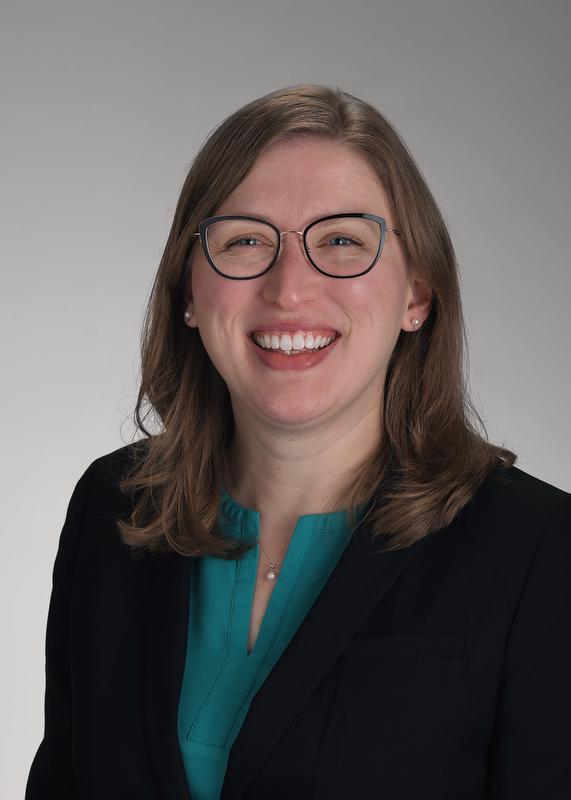 KL2 Scholar · News
KL2 Scholar · News
 Funded Projects · News
Funded Projects · News
 News
News
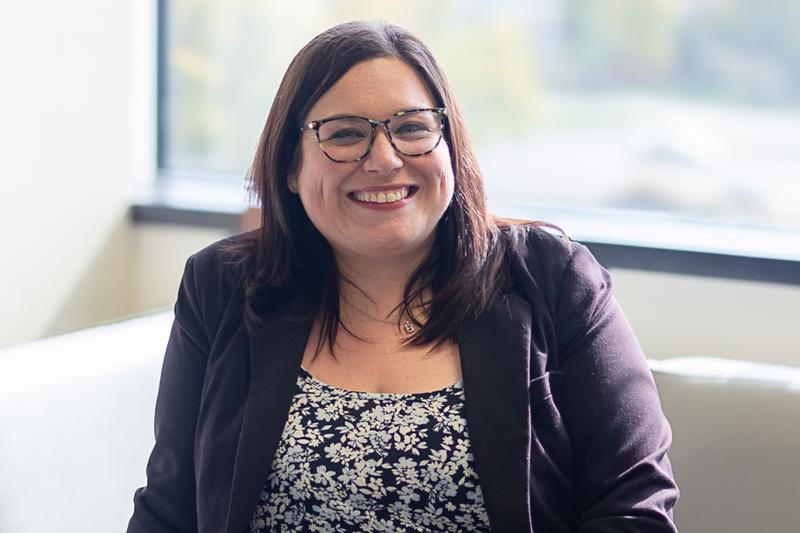 TL1 Trainee · News
TL1 Trainee · News
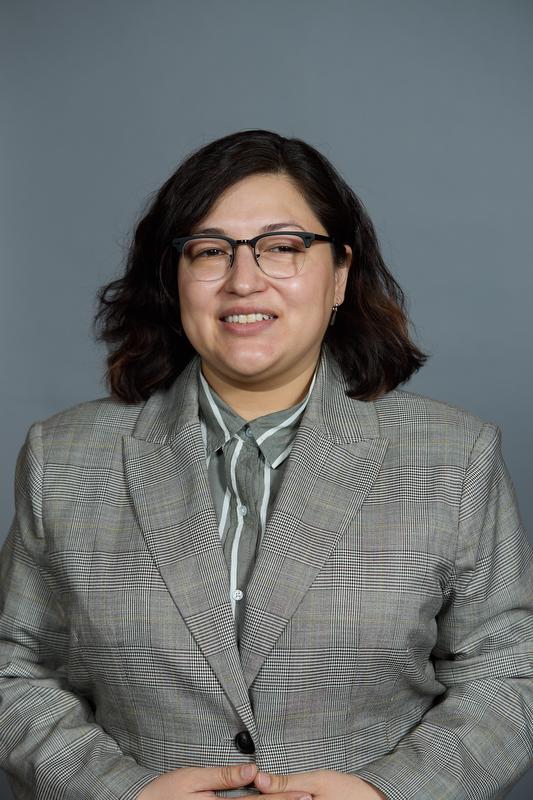 News
News
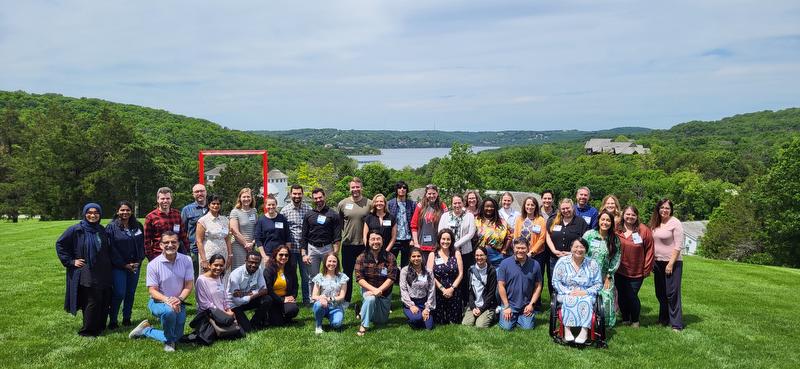 News
News
 Funded Projects · News
Funded Projects · News
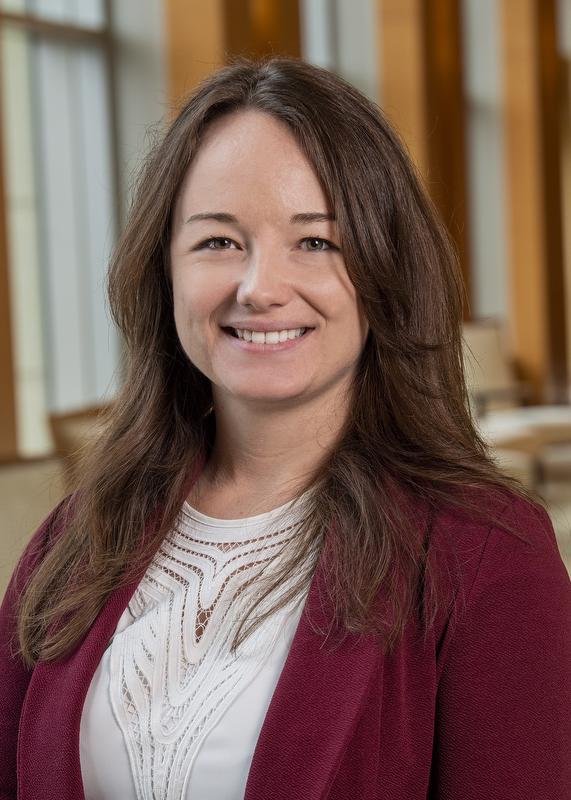 TL1 Trainee · News
TL1 Trainee · News
 Events
Events
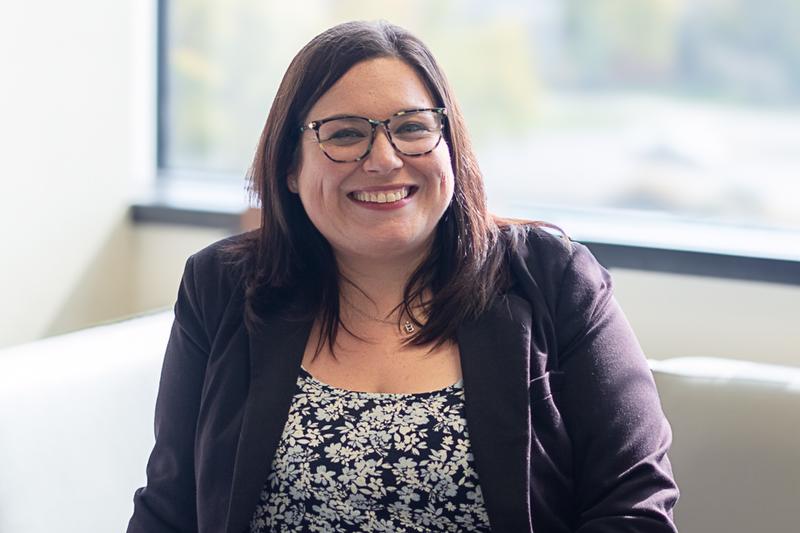 TL1 Trainee · News
TL1 Trainee · News
 News
News
 TL1 Trainee · News
TL1 Trainee · News
 KL2 Scholar · News
KL2 Scholar · News
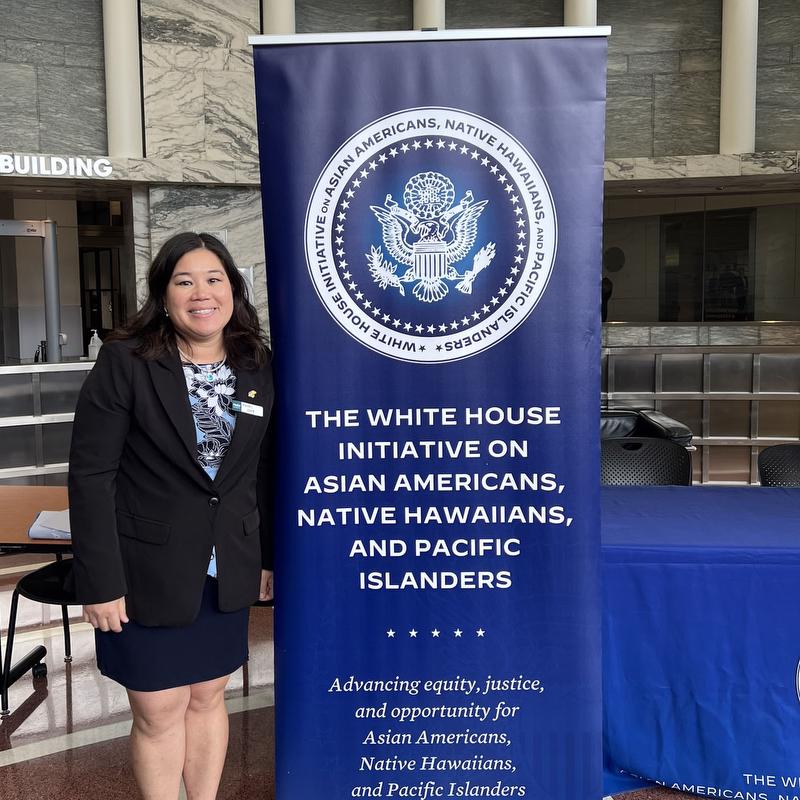 News
News
 KL2 Scholar · News
KL2 Scholar · News
 Funded Projects · News
Funded Projects · News
 News
News
 TL1 Trainee · News
TL1 Trainee · News

 TL1 Trainee · News
TL1 Trainee · News
 Services · News
Services · News
 News
News
 Funded Projects · News
Funded Projects · News
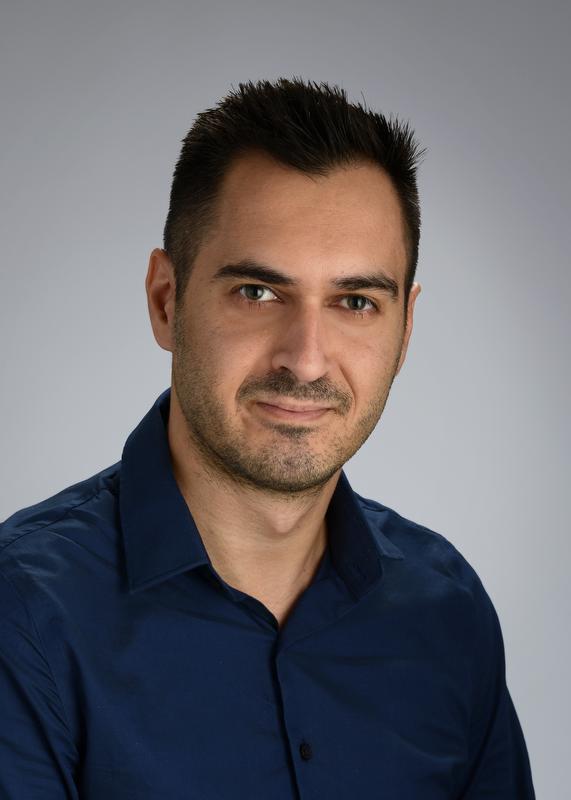 Funded Projects · News
Funded Projects · News
 Funded Projects · News
Funded Projects · News
 TL1 Trainee · News
TL1 Trainee · News
 KL2 Scholar · News
KL2 Scholar · News
 Funded Projects · News
Funded Projects · News
 News
News
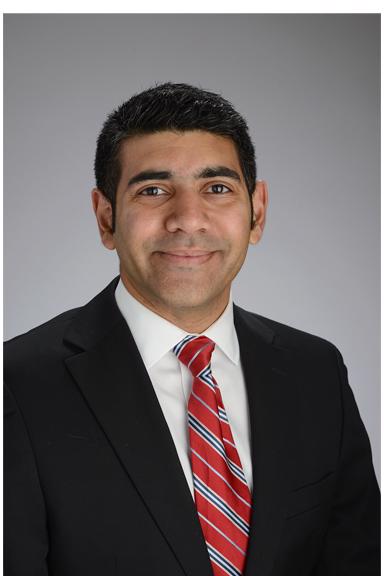 News
News
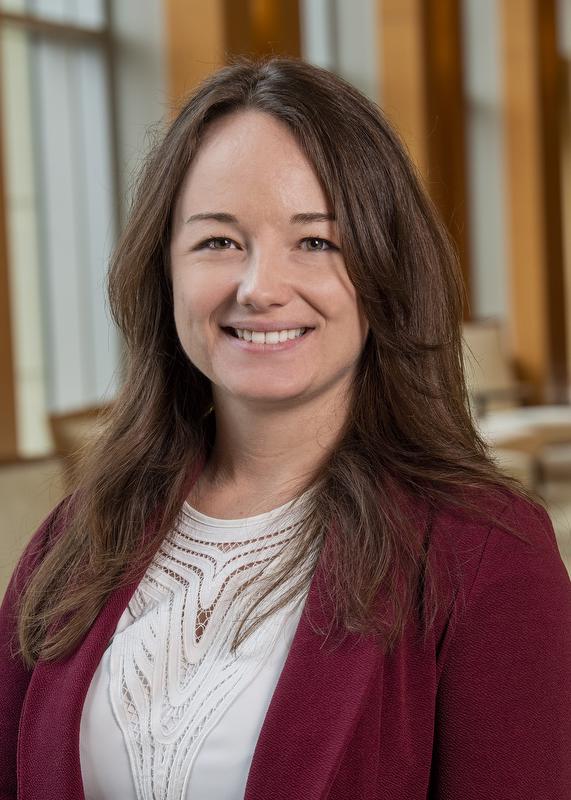 News
News
 News
News
 News
News
 News
News
 News
News
 News
News
 News
News
 News
News
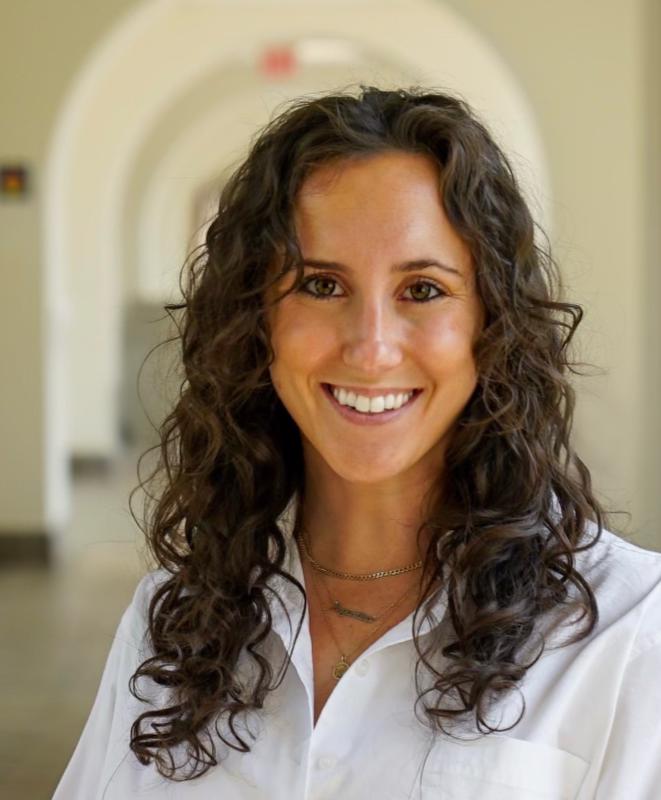 News
News
 News
News
 News
News
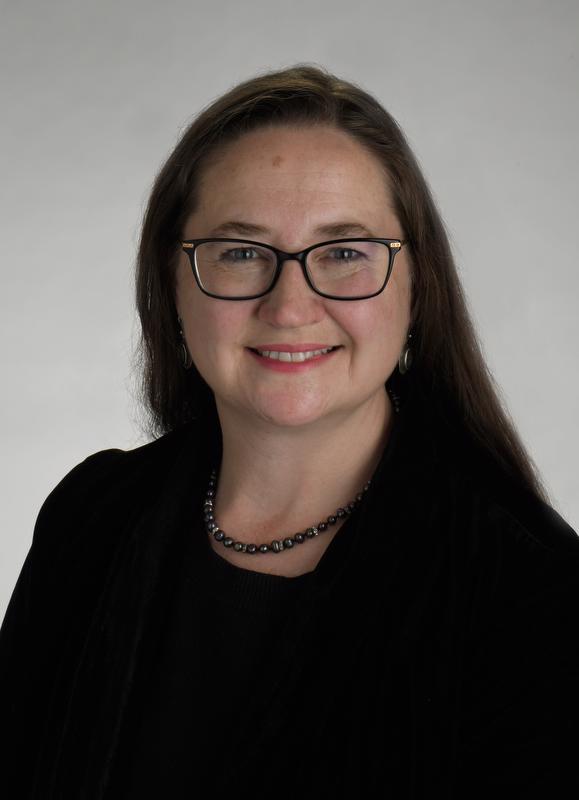 News
News
 Funded Projects · News
Funded Projects · News
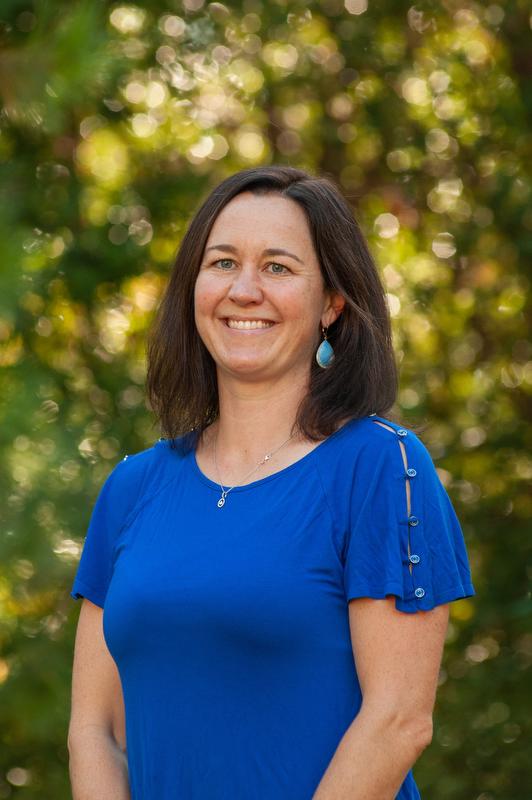 Funded Projects · News
Funded Projects · News
 KL2 Scholar · News
KL2 Scholar · News
 News
News
 News
News
 KL2 Scholar · News
KL2 Scholar · News
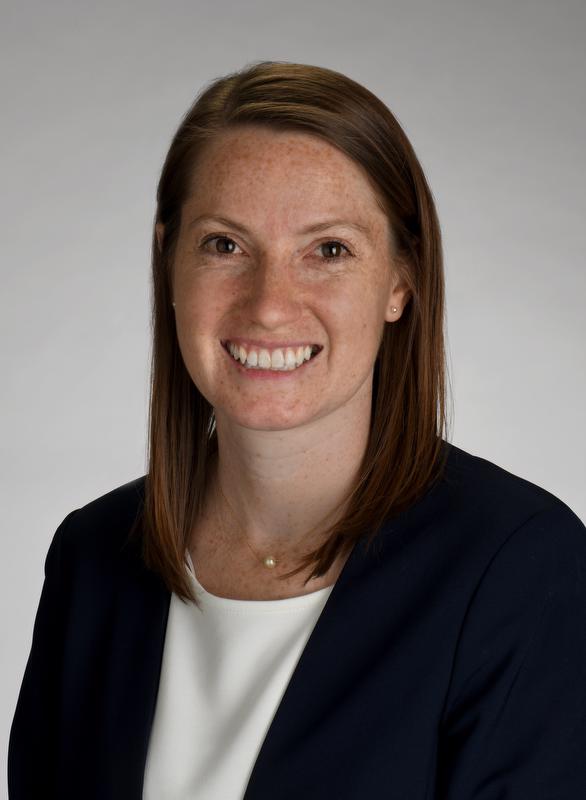 KL2 Scholar
KL2 Scholar
 News
News
 News
News
 KL2 Scholar · News
KL2 Scholar · News
 News
News
 News · In the Community · Funded Projects
News · In the Community · Funded Projects
 Funded Projects · News
Funded Projects · News
 Funded Projects · News
Funded Projects · News
 Funded Projects · News
Funded Projects · News
 Funded Projects · News
Funded Projects · News
 News
News
 Funded Projects · News
Funded Projects · News

 TL1 Trainee · News
TL1 Trainee · News
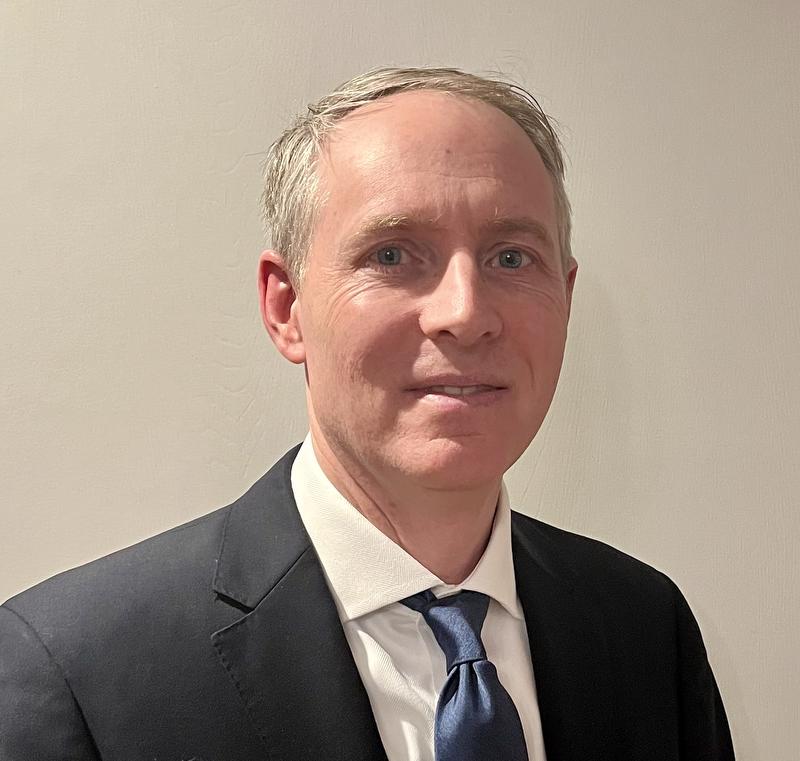 Funded Projects · News
Funded Projects · News
 Events · News
Events · News
 Funded Projects · News
Funded Projects · News

 Funded Projects · News
Funded Projects · News
 TL1 Trainee · News
TL1 Trainee · News
 News · In the Community · Funded Projects
News · In the Community · Funded Projects
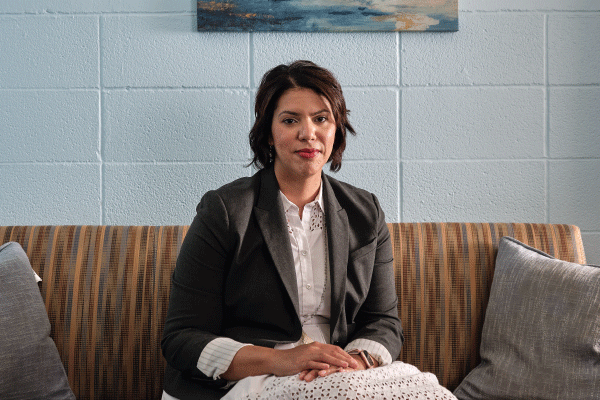 Funded Projects · News
Funded Projects · News
 KL2 Scholar · News
KL2 Scholar · News
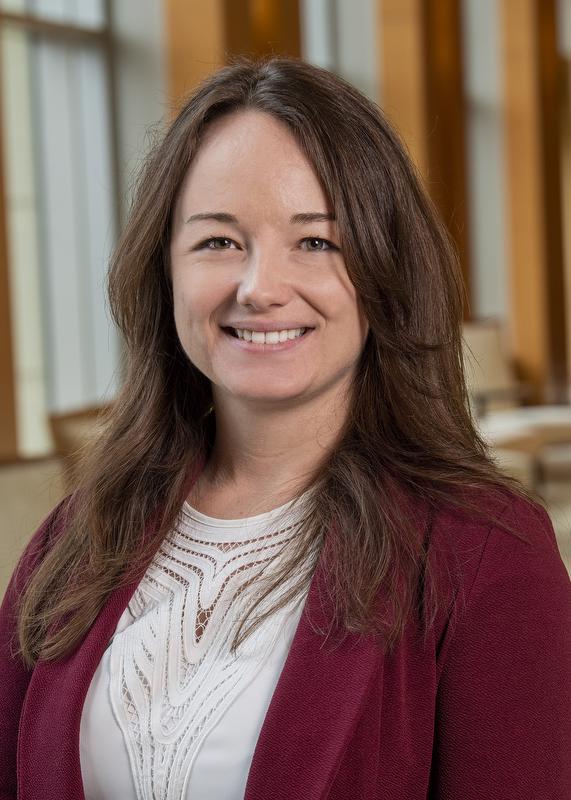 TL1 Trainee · News
TL1 Trainee · News
 News
News
 News
News
 KL2 Scholar · News
KL2 Scholar · News
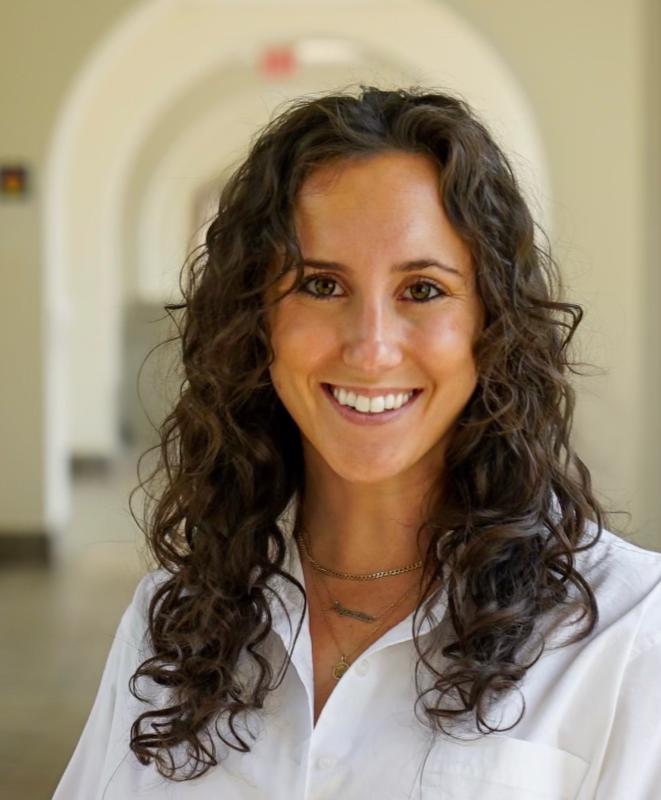 TL1 Trainee · News
TL1 Trainee · News
 News
News
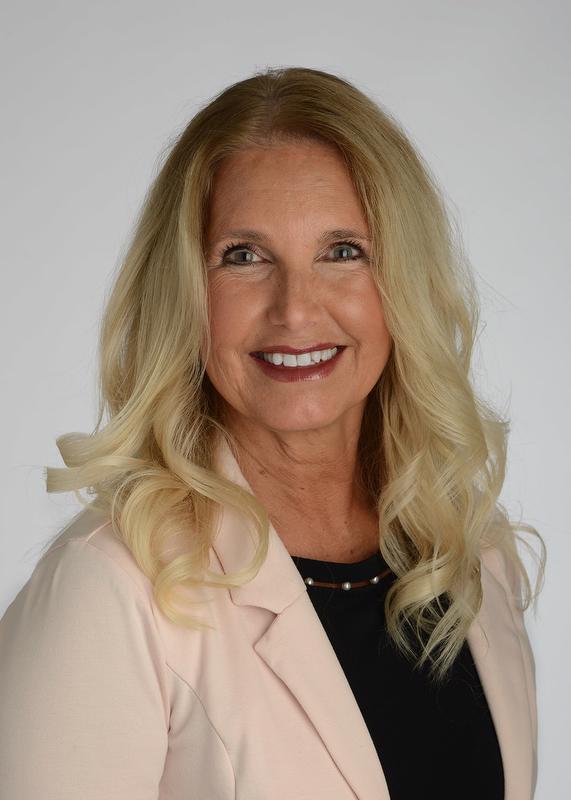 News
News
 Funded Projects · News
Funded Projects · News
 Events · News
Events · News

 KL2 Scholar · News
KL2 Scholar · News
 News
News

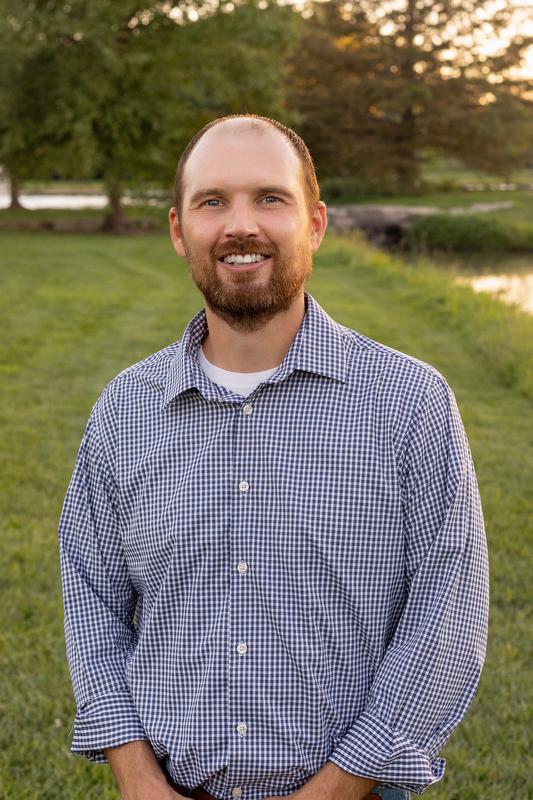 Funded Projects · News
Funded Projects · News
 News
News
 Partner News · News
Partner News · News
 News · In the Community
News · In the Community
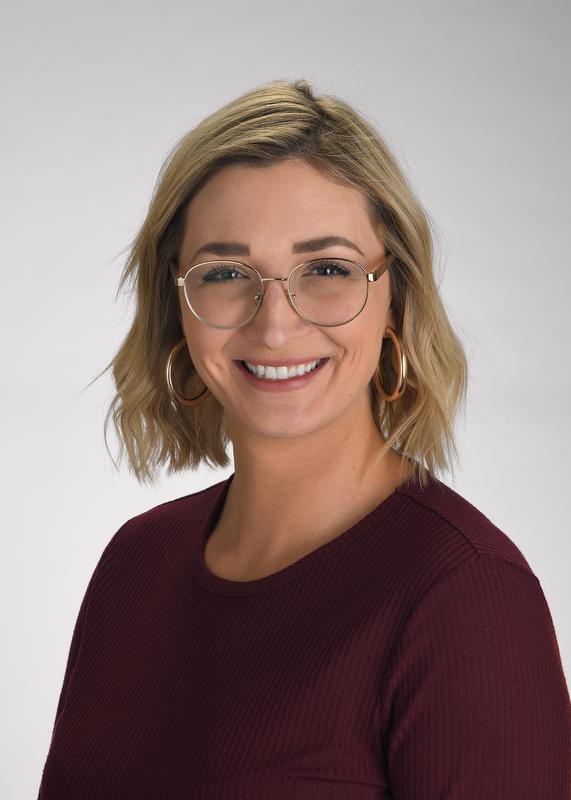
 0
0

 Funded Projects · News
Funded Projects · News
 Funded Projects · News
Funded Projects · News
 News
News
 Funded Projects · News
Funded Projects · News
 Funded Projects · News
Funded Projects · News
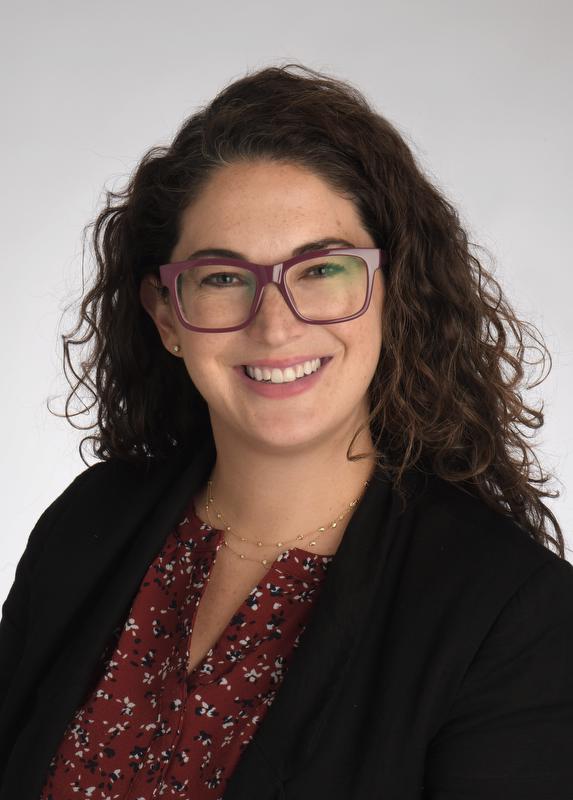 News
News
 Events · News
Events · News
 TL1 Trainee · News
TL1 Trainee · News
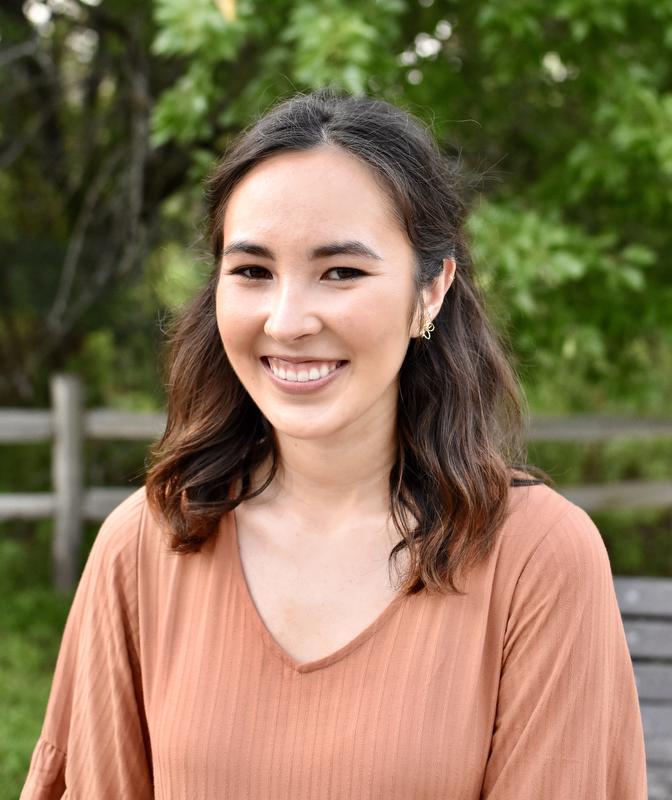 TL1 Trainee · News
TL1 Trainee · News
 News
News
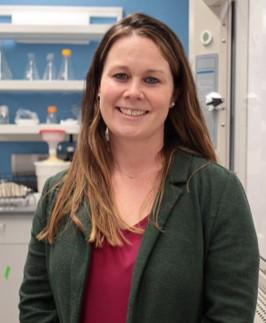 Funded Projects · News
Funded Projects · News
 News
News
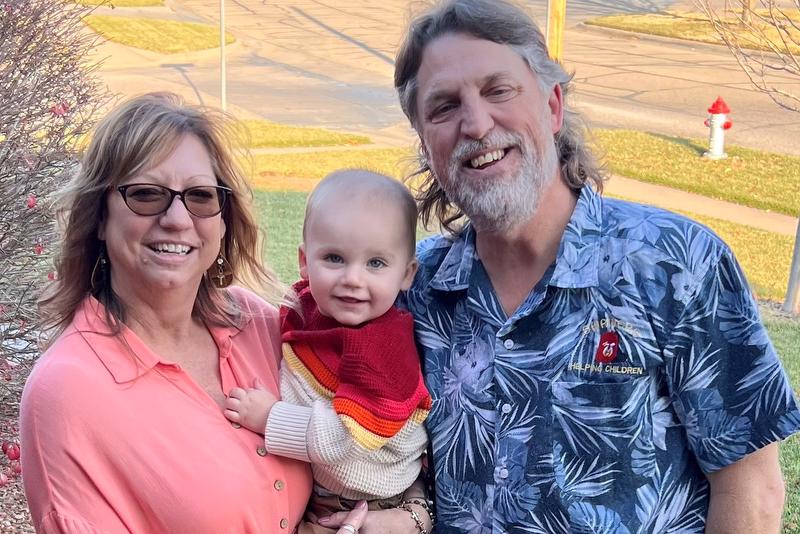 Partner News · News
Partner News · News
 TL1 Trainee · News
TL1 Trainee · News
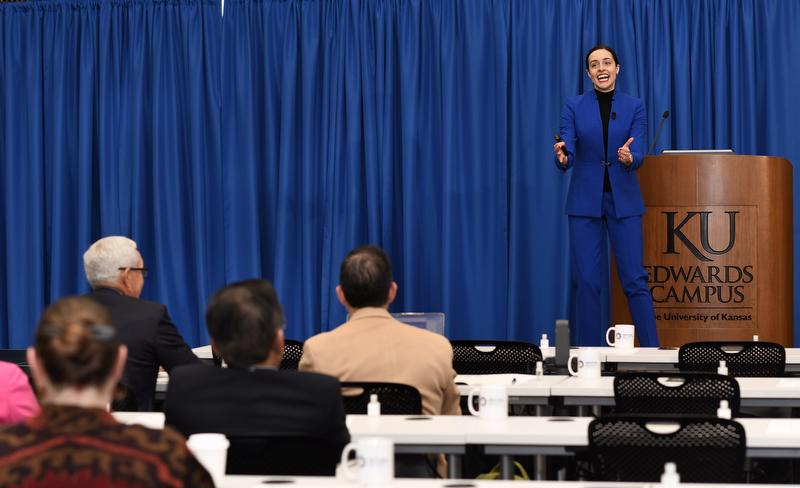 Events · News
Events · News
 KL2 Scholar · News
KL2 Scholar · News
 News
News
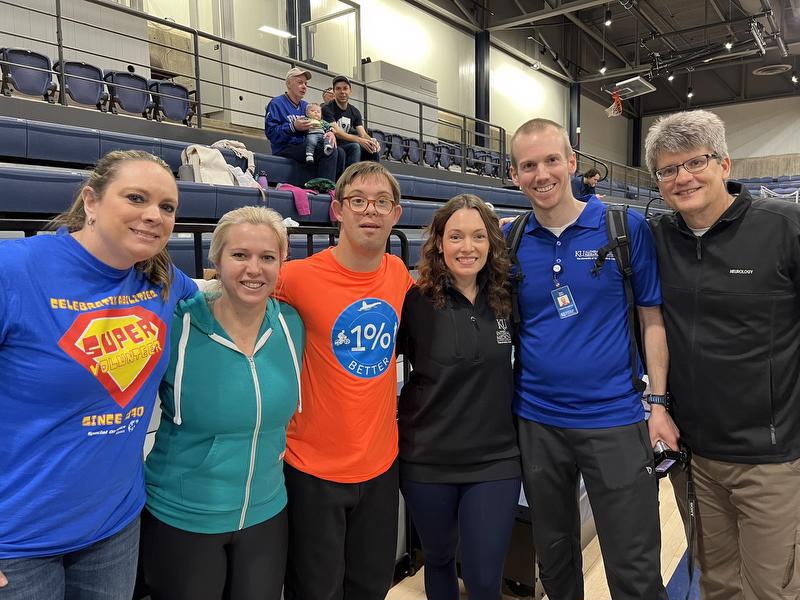 TL1 Trainee · News
TL1 Trainee · News
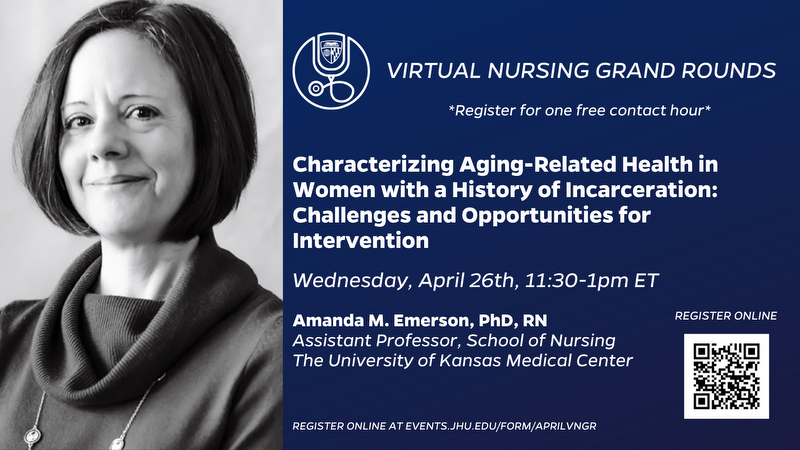 News · KL2 Scholar
News · KL2 Scholar

 TL1 Trainee · News
TL1 Trainee · News
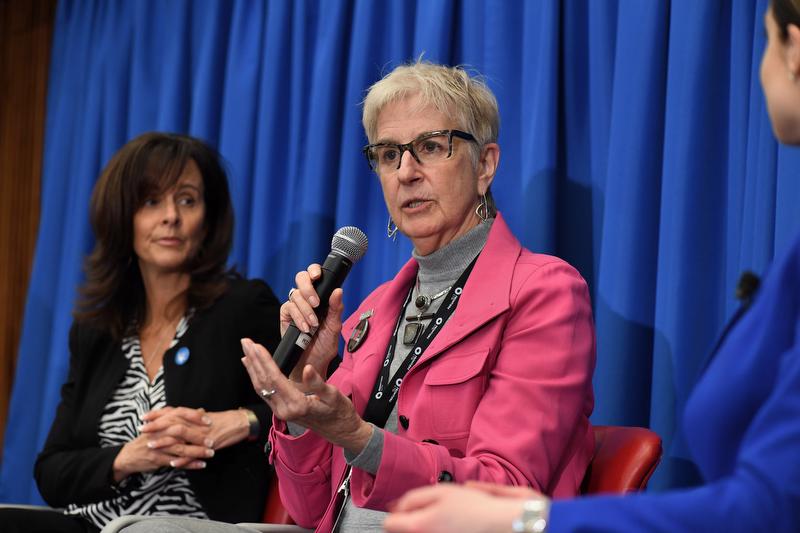 Events · News
Events · News
 News
News
 News
News
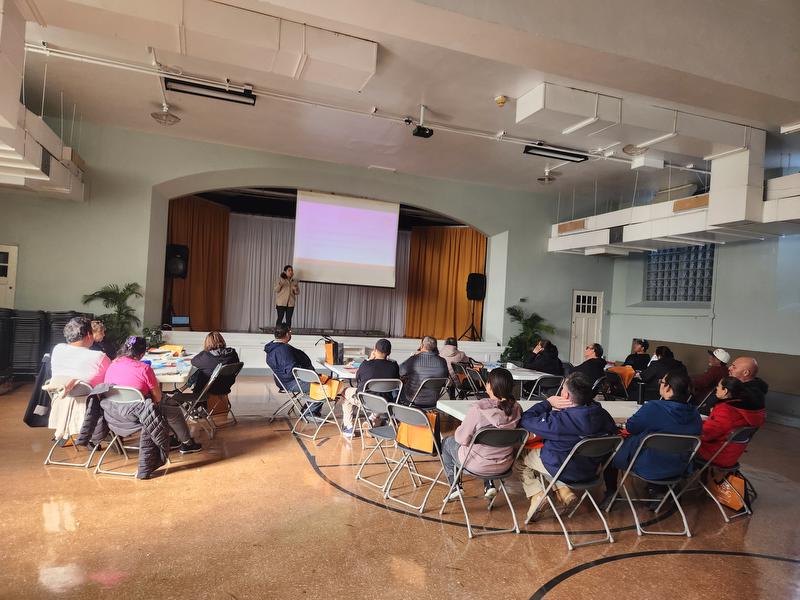

 News
News

 40
40

 News
News
 News
News
 TL1 Trainee · News
TL1 Trainee · News
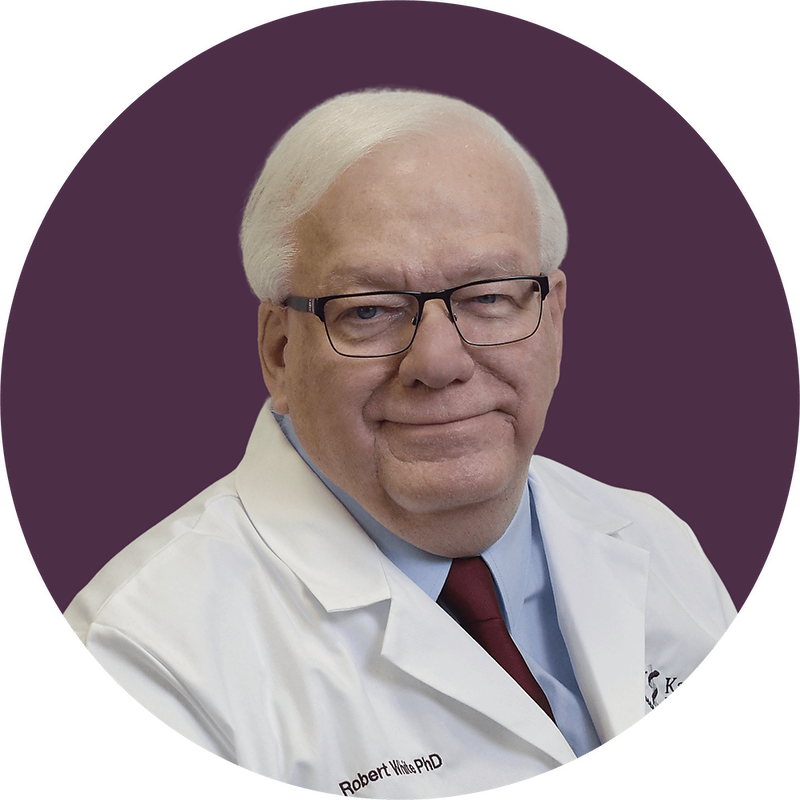 News
News
 Funded Projects · News
Funded Projects · News
 News · In the Community
News · In the Community
 Funded Projects · News
Funded Projects · News
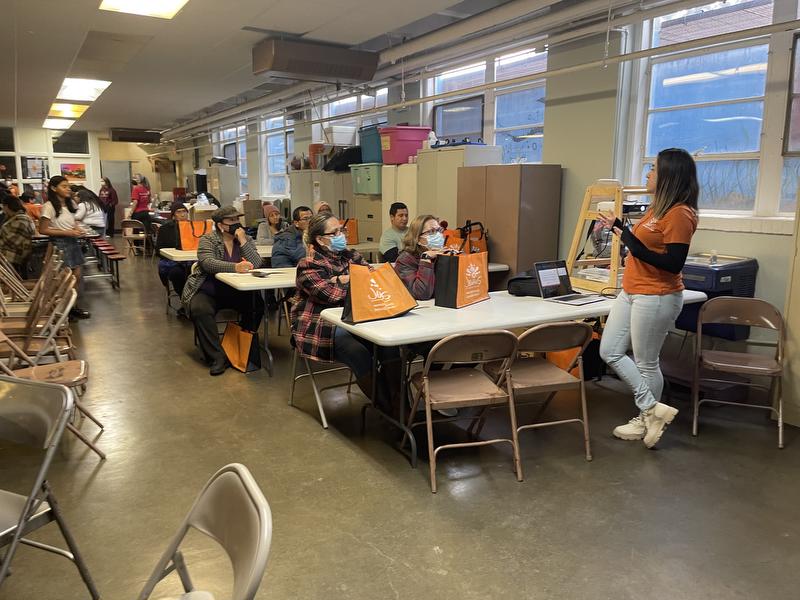 In the Community
In the Community
 News · In the Community · Partner News
News · In the Community · Partner News
 KL2 Scholar · News
KL2 Scholar · News
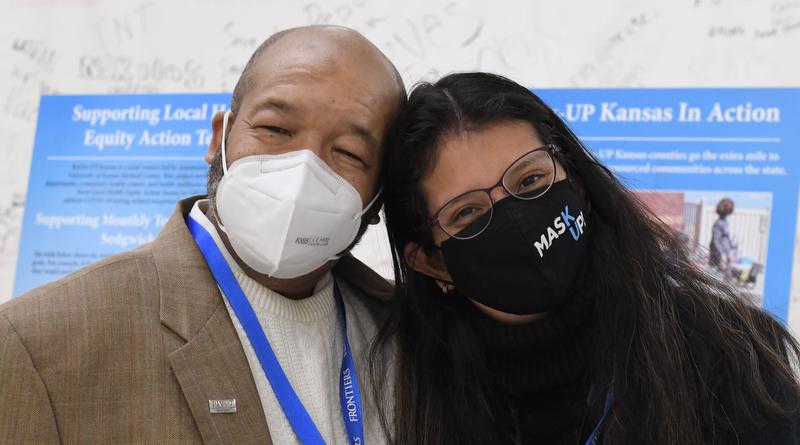 News · In the Community
News · In the Community
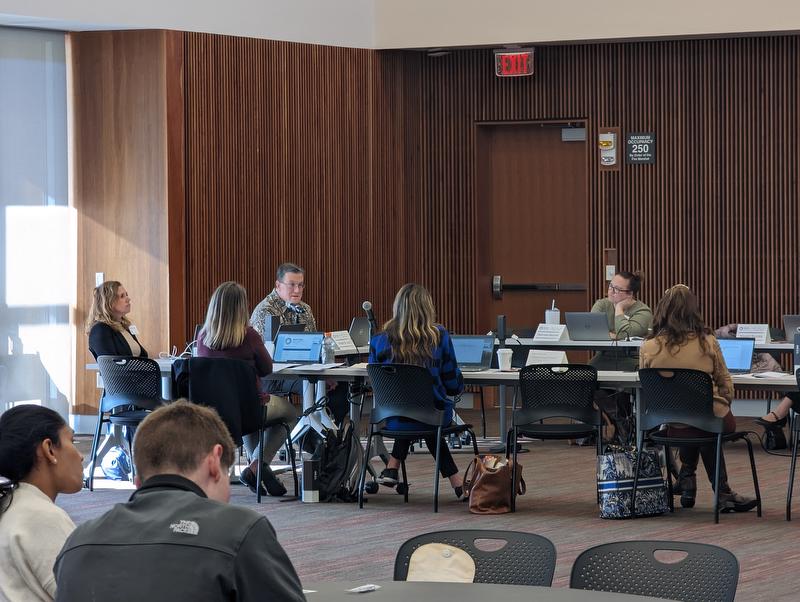 Events · News · Services
Events · News · Services
 Funded Projects · News
Funded Projects · News
 KL2 Scholar · Funded Projects · News
KL2 Scholar · Funded Projects · News
 TL1 Trainee · Funded Projects · News
TL1 Trainee · Funded Projects · News
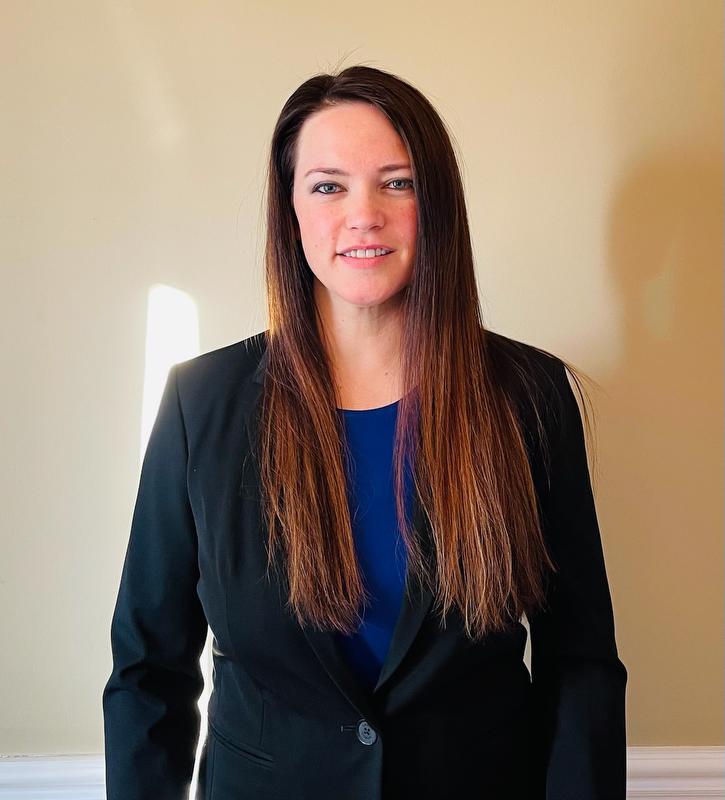 News
News
 News
News
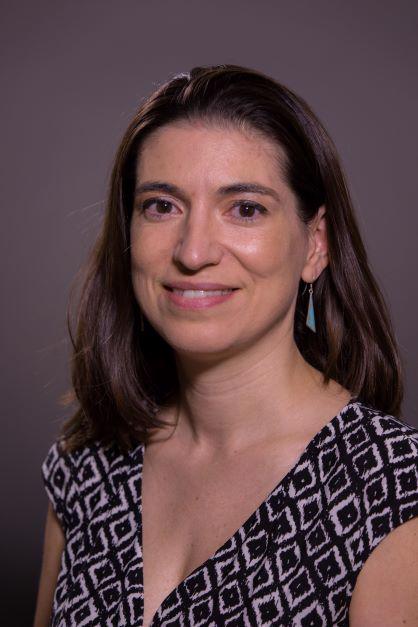 KL2 Scholar · Funded Projects
KL2 Scholar · Funded Projects
 KL2 Scholar · Funded Projects
KL2 Scholar · Funded Projects
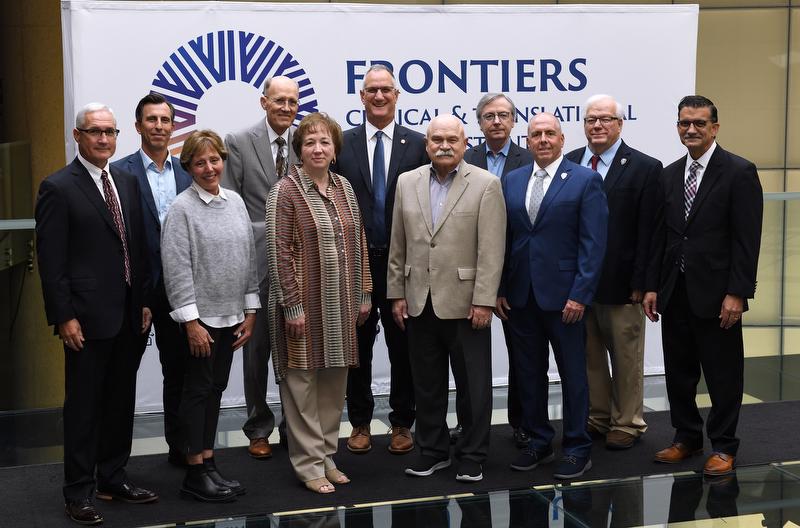 Events · News
Events · News
 News
News
 KL2 Scholar · Funded Projects
KL2 Scholar · Funded Projects
 News
News
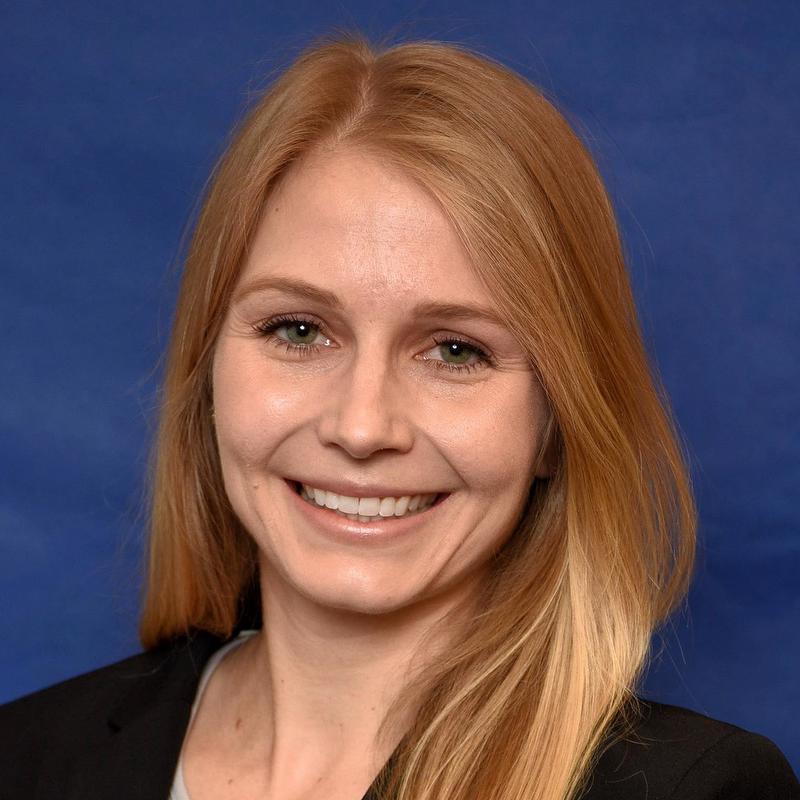 Funded Projects
Funded Projects

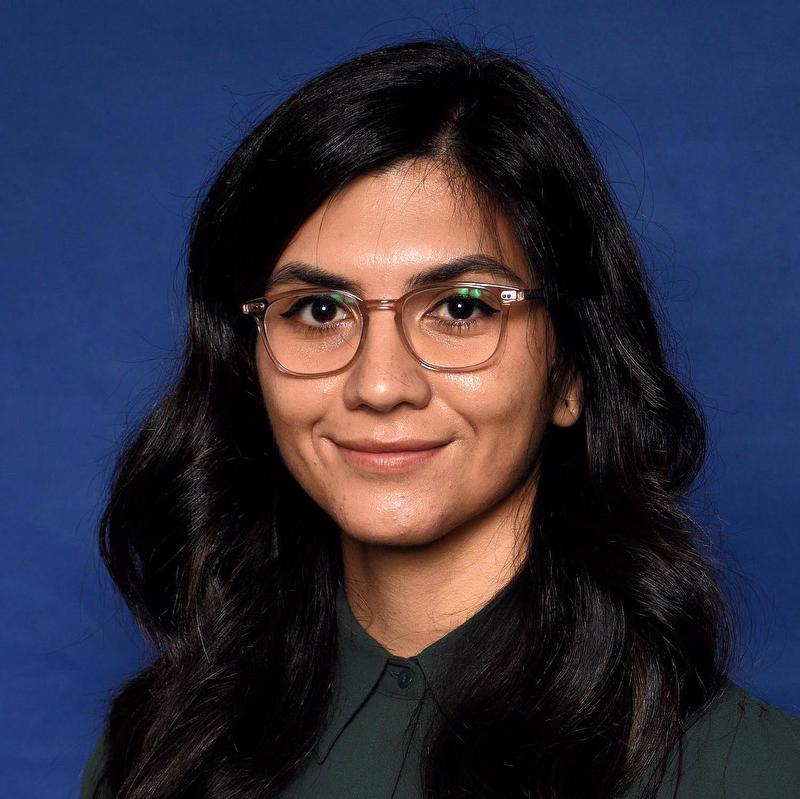 TL1 Trainee
TL1 Trainee
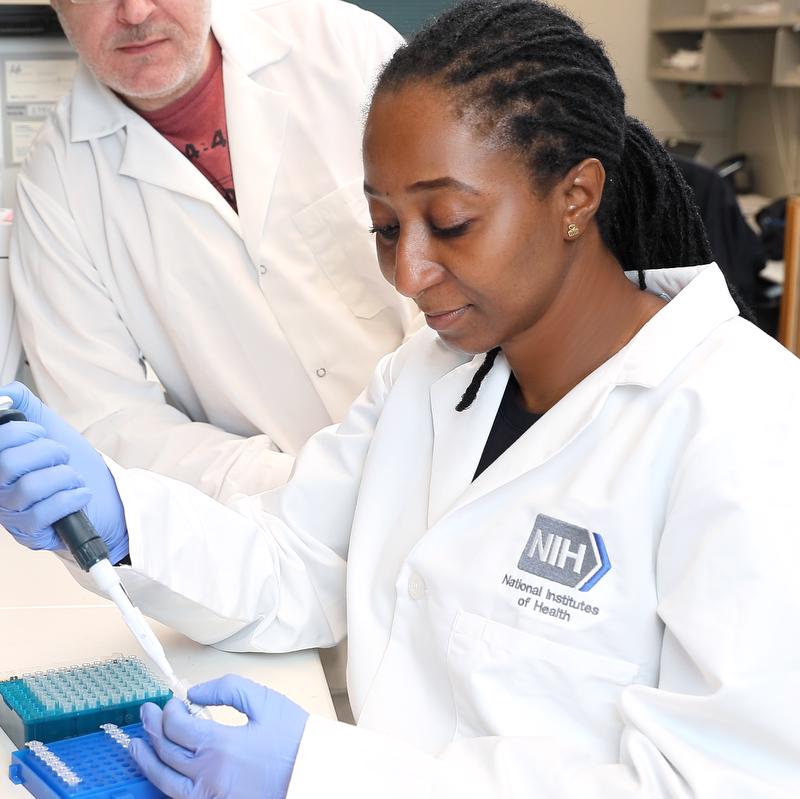 News
News
 Funded Projects
Funded Projects



